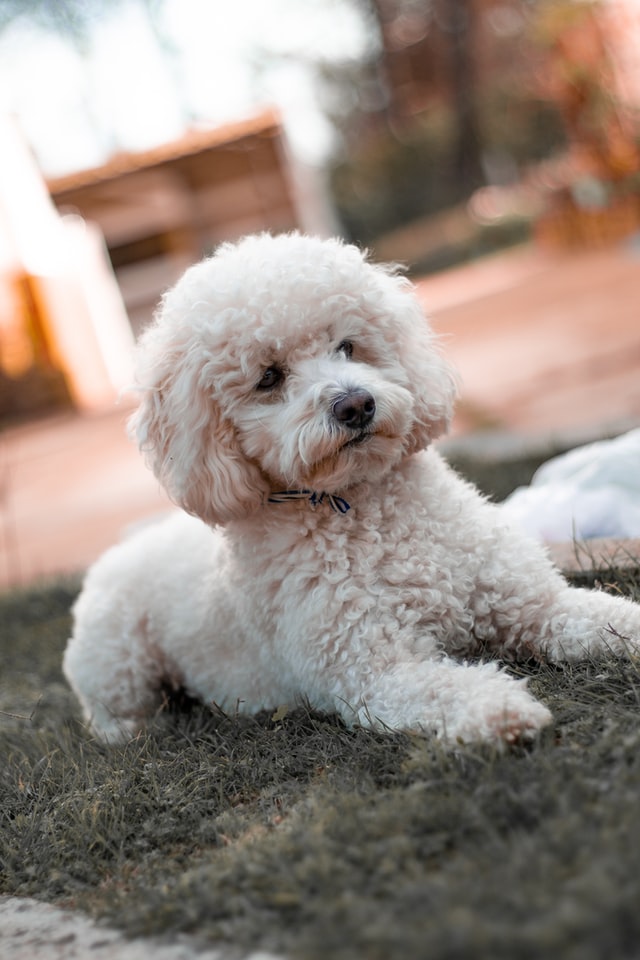Dislocated Knee Caps
Dislocated/Luxating Knee Caps
Just like humans, dogs have knee caps (more technically known as the ‘patella’) and they can dislocate/luxate/pop out either traumatically or due to a genetic predisposition. The knee cap is supposed to sit in a groove at the bottom end of the thigh bone and is embedded in a ligament.
There are varying grades of luxation – ranging from in most of the time but can be popped out with manual force to sitting out permanently. The worse the grade the more signs you will notice at home with your dog – ranging from the occasional hop to constant lameness. If the knee cap luxates all the time eventually it wears down the bone causing it to sit out permanently with time.
Arthritis will develop in affected joints and worsen with time particularly if the knee cap continues to luxate.
If the injury happens traumatically – rest and pain relief can resolve the issue however if this has been happening on and off for a long time and your dog’s limp has become permanent, it is likely that surgery will be needed to ensure the best long-term outcome for your pet.
If you are concerned your pet has a dislocated knee cap. please contact us immediately.

Book an appointment today!
Latest News
Heartworm Disease in Dogs
Heartworm is a disease that can affect dogs of all ages and breeds, and prevention is much easier than a cure! This parasite is transmitted by mosquitoes and is not spread from dog to dog. Heartworm is present in most parts of Australia where mosquitoes are prevalent....
Anxiety in Our Best Friends
Anxiety is increasingly being diagnosed in our animal friends as more pet owners become aware of the signs they display. The difficulties of the past few years have played a part in this, as our pets became accustomed to the constant company of their owners. They...
Obesity in Dogs
Just as with people, our pets can suffer from obesity. As their advocates, we must treat them like children, providing only foods that are good for them and in the correct portions. Many pet owners ask us about the correct weight for their animal. We often respond...
